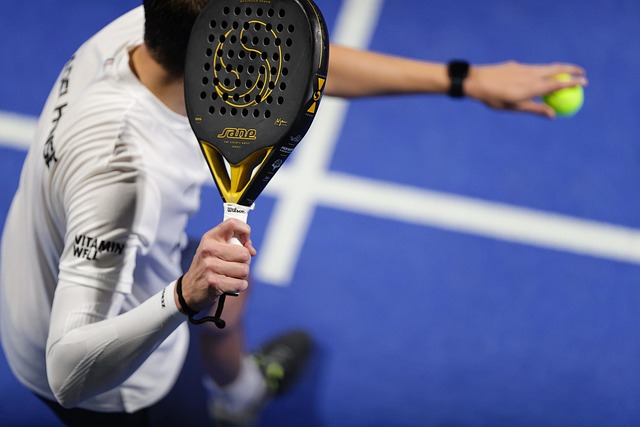For athletes, meeting their protein requirements is fundamental to achieving peak performance and maintaining overall health. Protein is not merely a nutrient; it is the cornerstone of muscle repair, growth, and recovery. When we talk about Athletes’ protein requirements, it involves a deep understanding of how this macronutrient fuels the body, especially during rigorous training sessions and competitive events.
Living a healthy lifestyle means acknowledging the vital role of nutrition in your athletic journey. It’s about creating a balanced approach to fuel your body, both physically and mentally. Many athletes overlook the importance of protein, often focusing solely on carbohydrates for energy during exercise. However, protein plays an equally critical role in ensuring that your body is prepared for strenuous activities.
Athletes typically require more protein compared to the average person, often around 1.2 to 2.0 grams of protein per kilogram of body weight, depending on their level of activity and specific goals. This increase in protein is essential not just for muscle development but also for sustaining energy levels and improving recovery times. Incorporating lean meats, dairy, legumes, and plant-based protein sources into meals can significantly influence an athlete’s performance and recovery.
Moreover, healthy nutrition goes beyond just hitting protein targets. It’s about cultivating a diverse diet rich in vitamins, minerals, and healthy fats. Foods such as fruits, vegetables, whole grains, and nuts supply the necessary nutrients that work in synergy with proteins to enhance performance. This holistic approach to nutrition ensures that athletes not only fuel their muscles but also bolster their immune systems, which can often be compromised with intense workouts.
Hydration also plays an indispensable role alongside protein intake. As athletes push their bodies, the risk for dehydration increases, leading to decreased performance and higher injury risk. Adequate water intake, combined with electrolyte balance, can ensure that the body functions optimally, helping athletes become more resilient amid the physical demands they face.
Ultimately, understanding Athletes’ protein requirements empowers athletes to craft a personalized nutritional strategy, one that aligns with their goals, be it building muscle, improving endurance, or recovering efficiently. It’s crucial to recognize that nutrition is not just about immediate performance but about long-term health and vitality. When athletes invest in their nutrition, they are investing in their futures, ensuring they can continue doing what they love for many years to come.


